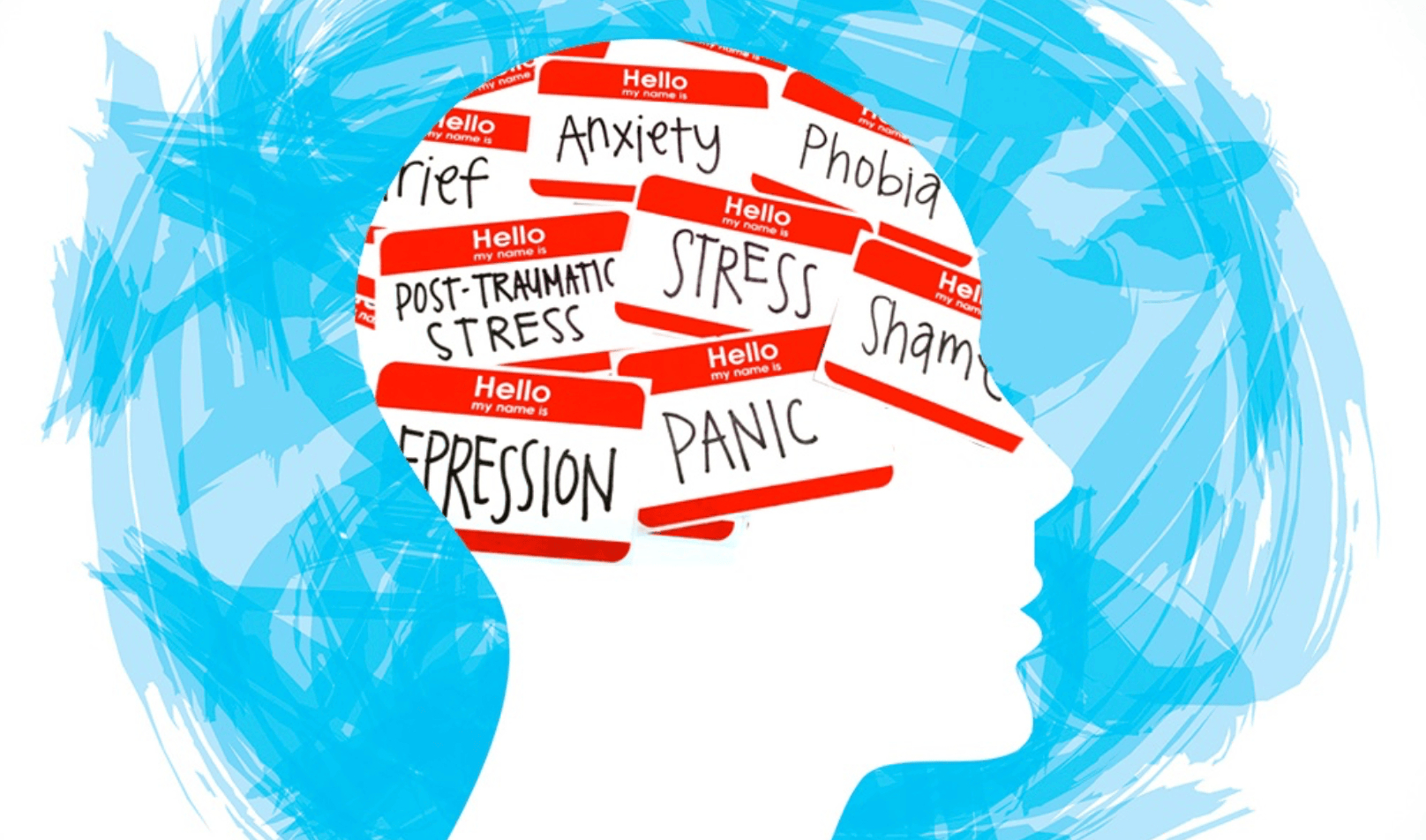Personalized Support Through Our Inpatient Mental Health Program
Wiki Article
Comprehensive Inpatient Mental Health And Wellness Solutions for Effective Treatment
Inpatient mental wellness solutions stand for a vital component of the medical care system, giving a extensive and structured atmosphere for people experiencing extreme emotional distress. These services use a multidisciplinary strategy, integrating various evidence-based treatments to address the intricate demands of people. However, the performance of such detailed care extends past prompt stablizing; it likewise encompasses the shift to outpatient assistance, a crucial stage typically forgot. Discovering the nuances of this continuum reveals substantial effects for both specific healing and wider mental health and wellness outcomes. What aspects absolutely influence this change, and exactly how can we boost its effectiveness?Understanding Inpatient Mental Health Providers
Inpatient psychological health services supply crucial support for individuals experiencing extreme psychological distress that can not be managed successfully in an outpatient setup. These services are designed to supply an intensive level of treatment in an organized setting, often within a hospital or specialized facility. Clients confessed to inpatient programs usually present intense signs, such as suicidal ideation, severe clinical depression, or psychosis, necessitating continuous monitoring and treatment.The admission procedure normally involves a detailed analysis by psychological health and wellness specialists, who examine the individual's psychological state, background, and immediate requirements. When confessed, clients engage in a variety of healing methods customized to their particular needs, consisting of medication monitoring, individual therapy, and group sessions. This alternative strategy aims to stabilize the patient's condition, advertise security, and foster coping abilities.
Inpatient psychological wellness services not only address prompt health and wellness problems yet also offer as a bridge to recurring care. By providing a controlled atmosphere, these solutions help with the growth of therapy plans that can be proceeded in outpatient settings, thus ensuring a continuum of care and enhancing long-term end results for people with complex psychological health and wellness needs.
Key Components of Effective Therapy
Efficient treatment in inpatient psychological health and wellness solutions makes up a number of essential parts that cultivate recuperation and stabilization. An extensive assessment is necessary to identify the person's certain demands and obstacles. This analysis informs the growth of a customized therapy strategy, which works as a roadmap for treatment.Another important element is the multidisciplinary group approach. Cooperation among psychiatrists, psycho therapists, nurses, and social employees makes certain that various perspectives add to the patient's treatment, improving the performance of therapy. Evidence-based restorative techniques, such as cognitive-behavioral therapy (CBT) and dialectical actions therapy (DBT), are additionally integral, providing structured techniques that address maladaptive thought patterns and behavior concerns.

Finally, a concentrate on aftercare planning is important to make certain a smooth shift to outpatient solutions, reducing the danger of relapse and promoting long-term health. These collective elements develop an efficient therapy framework within inpatient psychological health services.
Benefits of Comprehensive Care

Detailed treatment in inpatient psychological health services uses various advantages that dramatically boost individual outcomes. Among the primary advantages is the all natural method to treatment, attending to not only the psychological symptoms but likewise the physical, social, and psychological requirements of patients. This extensive assessment permits customized interventions that advertise overall well-being.
Another advantage is the assimilation of multidisciplinary groups, which cultivates partnership among health care experts. This joint setting makes sure that individuals get worked with treatment, lowering the risk of fragmented therapy and boosting communication amongst caretakers. Thorough treatment facilitates connection of solutions, enabling for smooth shifts from inpatient to outpatient settings, which is crucial for long-lasting recuperation.

Finally, the organized environment of extensive inpatient care offers a risk-free area for individuals to involve in therapeutic tasks, assisting them create coping techniques and resilience. Jointly, these benefits contribute to much more reliable therapy and enhanced lifestyle for people experiencing mental health dilemmas.
Evidence-Based Therapeutic Techniques
In the realm of psychological wellness therapy, evidence-based healing methods play an essential function in guaranteeing that clients obtain efficient and scientifically supported treatments. These techniques incorporate the very best offered study with medical competence and client values, fostering a tailored therapy experience that attends to individual needs.Cognitive Behavior Therapy (CBT) is one of one of the most commonly acknowledged evidence-based methods, focusing on recognizing and changing negative idea patterns and habits. This structured strategy has demonstrated efficiency in dealing with problems such as anxiousness, ptsd, and anxiety. Dialectical Actions Therapy (DBT) is specifically reliable for people with borderline character condition, emphasizing the growth of psychological policy and social efficiency skills.
In addition, medication management is usually an essential part of evidence-based therapy, as psychotropic medications can alleviate signs and symptoms and improve total performance. Collaborative treatment models, which include multidisciplinary groups, additionally enhance the efficiency of inpatient solutions by ensuring extensive examinations and continual tracking.
Ultimately, the combination of evidence-based healing strategies not just advertises positive medical outcomes but likewise empowers patients, fostering a sense of firm and strength in their mental health and wellness trips.
Transitioning to Outpatient Assistance
The shift from inpatient mental wellness solutions to outpatient support marks an essential stage in a patient's healing journey. This period calls for mindful preparation and control to make certain continuity of care and to reduce the risks of regression or crisis. Effective discharge preparation should begin early in the inpatient keep, involving a multidisciplinary group that includes psychiatrists, psychologists, nurses, and social workers.Trick components of a successful transition include the development of an extensive aftercare strategy tailored to the person's certain requirements. This plan must detail follow-up appointments, medication monitoring, and therapeutic treatments, as well as recognize neighborhood resources and support system that can assist in ongoing recovery.
Furthermore, client and family members education is vital throughout this stage. Understanding the indicators of potential troubles and the relevance of adhering to treatment can encourage patients and their support group.
Routine follow-up and reassessment of the outpatient plan are necessary to deal with advancing obstacles. By cultivating a collaborative connection in between inpatient and outpatient companies, the probability of continual healing increases, inevitably improving the person's high quality of life and decreasing the threat of readmission.

Final Thought
In recap, extensive inpatient psychological health and wellness services use a vital structure for attending to extreme mental distress via a multidisciplinary technique. Inevitably, such extensive care is crucial for long-term mental health and wellness and health.The admission process generally entails a comprehensive analysis by mental wellness specialists, that evaluate the individual's psychological state, background, and prompt needs.Reliable treatment in inpatient mental health services consists of several essential parts that promote healing and stablizing.Thorough treatment in inpatient psychological health and wellness services provides many advantages that significantly enhance patient outcomes.The shift from inpatient psychological health inpatient mental health treatment services to outpatient support marks a critical phase in a person's recuperation journey.In recap, extensive inpatient mental health and wellness services supply a vital framework for addressing severe psychological distress with a multidisciplinary approach.
Report this wiki page